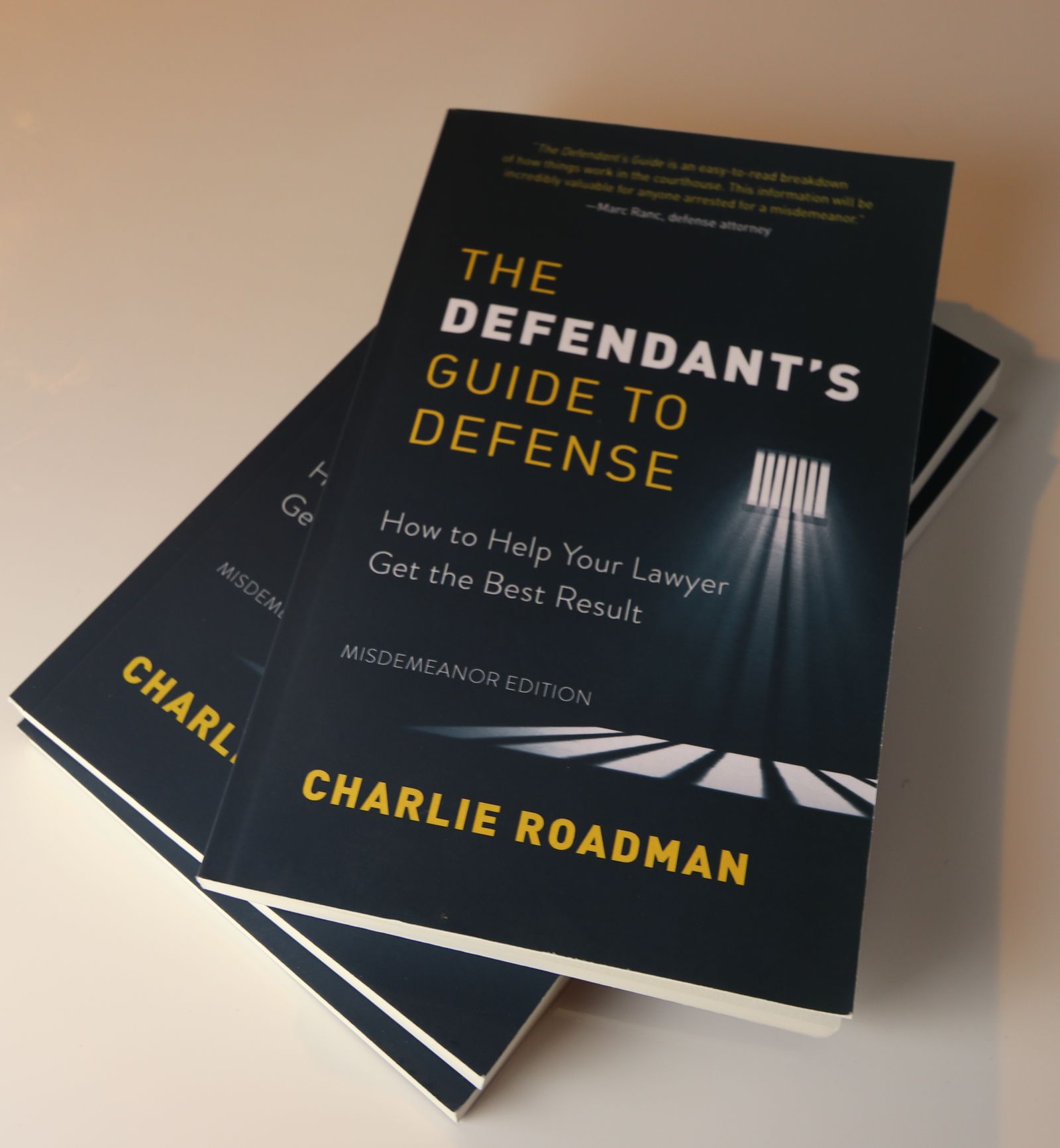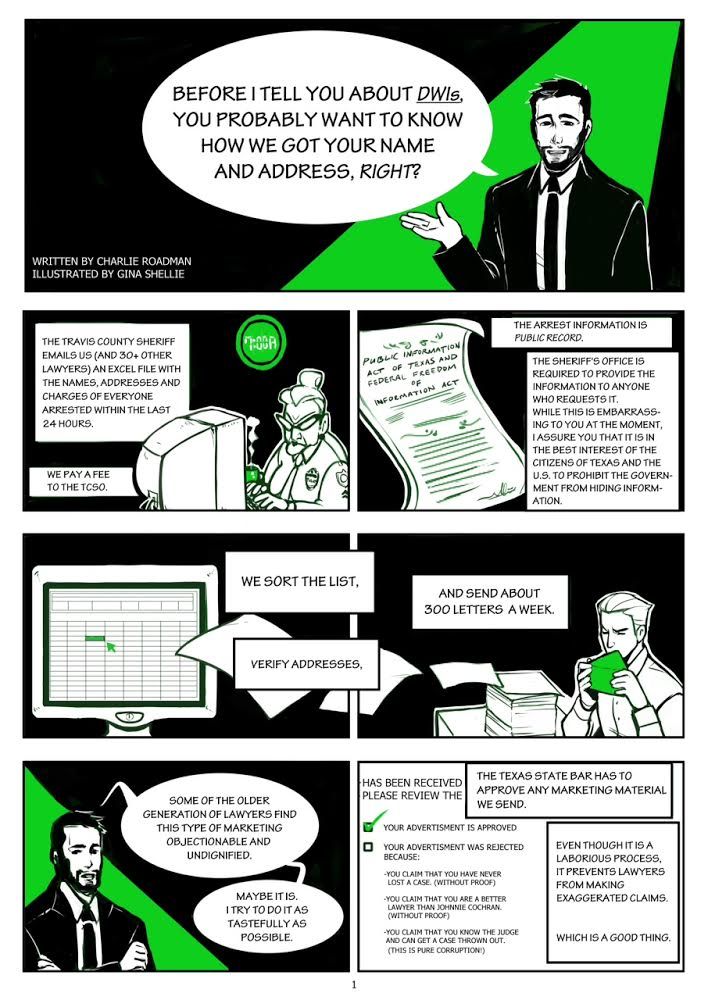Emergency Protective Orders (EPOs)
Emergency Protective Orders (EPOs)
Charlie explains the rules and implications of Emergency Protective Orders (EPOs).
FAQs
Q: What is an Emergency Protective Order (EPO)?
A: An Emergency Protective Order (EPO) is a legal order issued by a judge, typically after a family violence assault arrest. It sets out specific prohibitions that the defendant must follow, such as staying away from certain individuals or places.
Q: How long does an EPO last?
A: An EPO will have an expiration date ranging from 1 to 3 months.
Q: How is an EPO different from bond conditions?
A: An EPO is separate from bond conditions, meaning there are two sets of rules a defendant must comply with if they have an EPO.
Q: What should I do if I don’t understand my EPO?
A: You must read your EPO very carefully. If there is something you don't understand, ask your lawyer for clarification.
Q: What are some common rules included in an EPO?
A: Common rules include:
- Staying 200 yards away from a specific address or person.
- No contact with the person.
- No threatening contact with the person.
Q: When will the judge explain the EPO to me?
A: The judge will always read and explain the EPO before you are released from jail to ensure you understand it.
Q: Can the rules of an EPO be changed?
A: Only a judge can change the rules of an EPO, and it can sometimes take weeks for any changes to be made if the judge agrees to them.
Q: Are there any exceptions to the rules of an EPO?
A: There are no exceptions to the rules of an EPO. If it states no contact, you cannot contact the person in any way, including texts or letters. Similarly, if it requires you to stay 200 yards away, you must comply without exception, even for special occasions like Christmas or birthdays.
Q: What happens if I break the rules of an EPO?
A: If you are caught breaking the rules of an EPO or the bond conditions, it constitutes a new crime, and the authorities will never trust you again, making your situation much more difficult.
Q: Can the complaining witness request changes to the EPO?
A: A complaining witness can request that the EPO be removed or changed, but the judge has the ultimate authority to decide whether to grant that request.
Q: Are judges, prosecutors, and police vigilant about EPO violations?
A: Yes, judges, prosecutors, and police often look for violations. If you are caught trying to be clever and circumventing the rules, it can lead to serious trouble.
Q: What should I do if I need to access something from a protected location or communicate with the protected person?
A: You should use neutral third parties to solve these issues. For example, if you need something from a protected location, ask a friend who is not under the EPO to retrieve it. If you need to communicate, have a friend or your attorney do it on your behalf.
Q: What is the best way to handle an EPO?
A: Even if you think the EPO is unfair, accept the situation for the time being and comply with all the rules. Work with your lawyer to convince the judge to remove or modify the EPO to something more acceptable.



